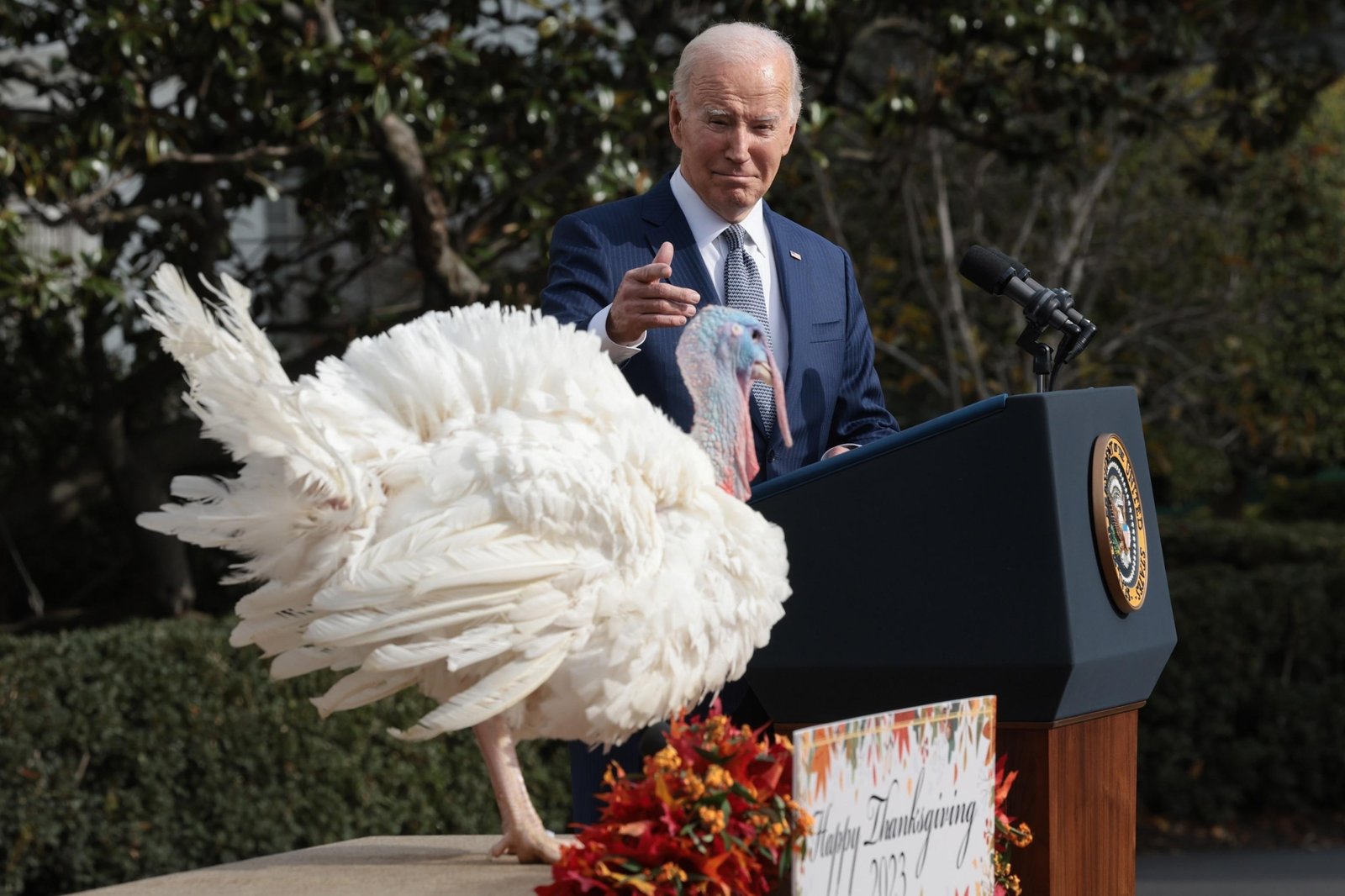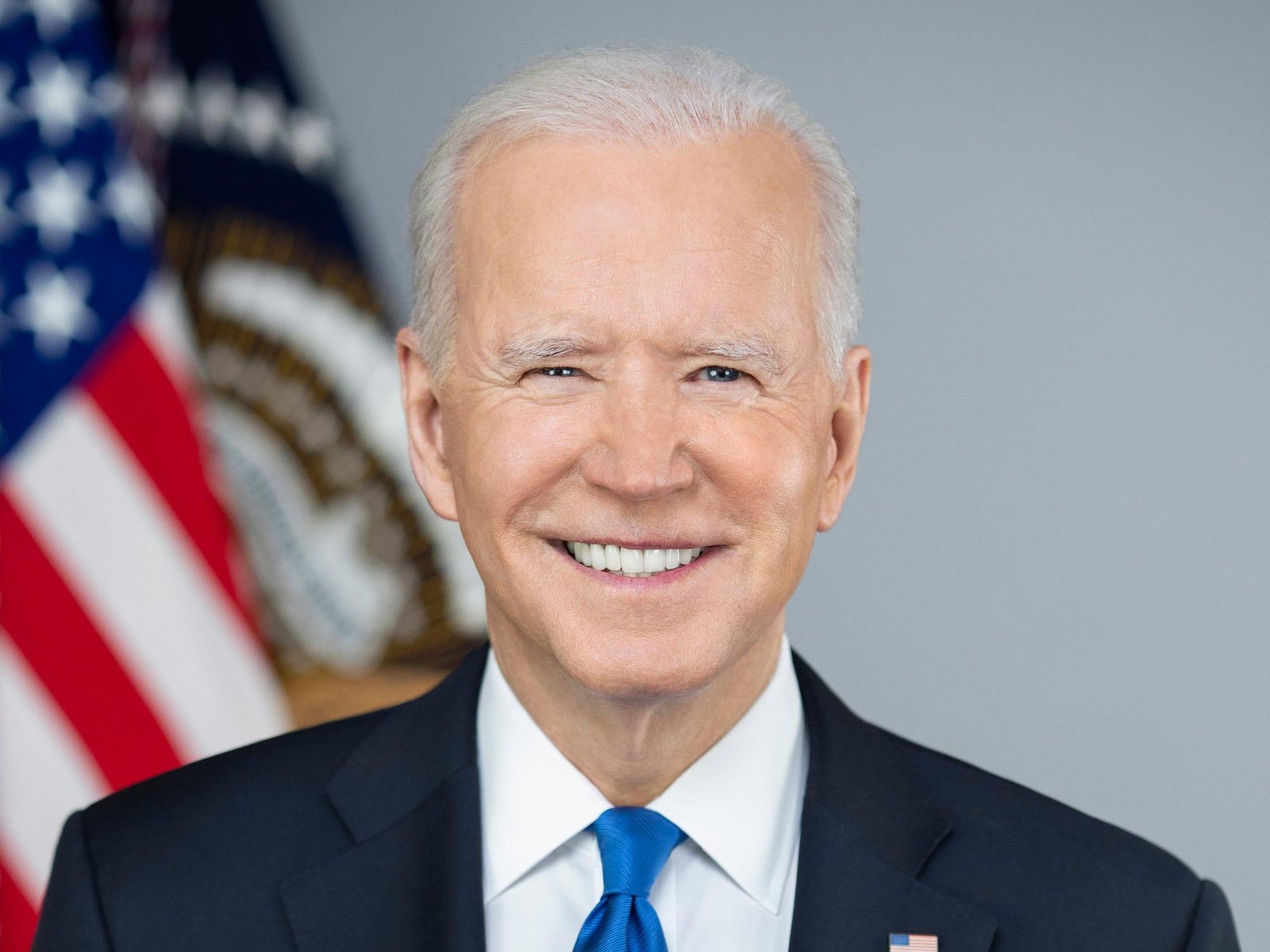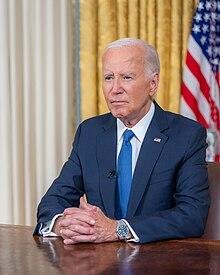In a political landscape often defined by the tension between promises made and promises kept, President Joe Biden has found himself at the center of a deliberative storm. The recent pardon of his son, Hunter Biden, has sparked a wave of debate, raising questions about justice, privilege, and the multifaceted nature of familial loyalty. Citing the assertion that Hunter was “unfairly prosecuted,” Biden’s decision comes at a pivotal moment, straddling the line between personal conviction and public scrutiny. As the administration navigates the complexities of this controversial move, the implications ripple far beyond the Biden family, igniting discussions about the integrity of the legal system and the influence of political connections. In this article, we delve into the intricacies of the pardon, examining its context and the reactions that reverberate across the nation.
Understanding the Implications of Presidential Pardons on Justice System Integrity
The recent decision by President Joe Biden to pardon his son Hunter has sparked rigorous debates surrounding the integrity of the justice system. Many view this act as a significant breach of trust, considering it underlines the perception that political connections can circumvent accountability. The implications of such decisions extend beyond individual cases, raising critical questions about fairness and equality before the law. Key considerations include:
- Public Confidence: Pardons perceived as politically motivated can erode trust in the judicial process.
- Precedent Set: This action may pave the way for future interventions that could undermine the rule of law.
- Crisis of Accountability: Highlighting potential biases within the justice system that favor the affluent and influential.
Moreover, an analysis of pardons historically reveals a complex relationship between governance and justice, often stirring debates on morality versus legality. A closer examination of recent figures showcases the pardon trends, illustrating a disparity that can arise in real cases:
| Year | President | Number of Pardons | Notable Cases |
|---|---|---|---|
| 2021 | Joe Biden | 3 | Hunter Biden (expected) |
| 2020 | Donald Trump | 143 | Various Celebrities |
| 2016 | Barack Obama | 231 | Chelsea Manning |
This landscape of pardons raises essential discussions on whether utilizing the pardon power serves justice or undermines it, as the balance between personal interests and public welfare shifts with each advance in executive clemency. The broader societal impacts of such decisions continue to reverberate, influencing public perception and the functionality of the justice system at large.

Evaluating the Political Fallout from Bidens Decision to Support Hunter
The recent decision by President Joe Biden to pardon his son, Hunter Biden, has sent shockwaves through the political landscape, igniting debates among politicians and the general public alike. Supporters argue that Hunter’s legal troubles stem from a biased judicial system targeting him due to his family’s prominence. Critics, however, see this action as a blatant disregard for justice, potentially undermining Biden’s credibility and his earlier promises to uphold integrity in governance. The fallout raises significant questions about the implications of such a move on Biden’s administration and future political endeavors.
As the administration navigates the turbulent waters following the pardon, several factors are likely to play a critical role in shaping public perception and party dynamics:
- Voter Accountability: Biden’s base could feel disillusioned, impacting voter turnout in upcoming elections.
- Republican Response: Expect a vigorous backlash from Republican leaders who may leverage this incident to diminish Biden’s standing.
- Media Coverage: The media’s portrayal of the pardon will significantly influence public sentiment, as narratives around fairness and nepotism emerge.
To assess the broader implications, a snapshot of recent political sentiment reveals varying opinions across the spectrum. The following table illustrates the divergence in public opinion regarding the pardon:
| Party Affiliation | Support for Pardon (%) | Opposition to Pardon (%) |
|---|---|---|
| Democrats | 68 | 32 |
| Republicans | 15 | 85 |
| Independents | 30 | 70 |

Analyzing Public Perception: The Divide Between Supporters and Critics
The recent decision by President Joe Biden to pardon his son, Hunter Biden, has ignited a significant backlash across the political spectrum. Supporters of the president often view this move as a necessary correction to what they believe to be an unjust legal pursuit. They argue that Hunter is a victim of a politically motivated attack, largely fueled by partisan interests. This group emphasizes the importance of understanding the circumstances surrounding Hunter’s struggles, framing the pardon as an act of compassion that highlights a family’s commitment to support in times of crisis. They share sentiments such as:
- “Family loyalty should come first.”
- “Hunter deserves a chance to rehabilitate without legal burdens.”
- “The prosecution was a smokescreen for more profound political agendas.”
Conversely, critics of Biden’s decision see the pardon as a betrayal of principles and a testament to the inequities within the justice system. They argue that this action undermines the rule of law, suggesting that it sets a dangerous precedent wherein privilege can overshadow accountability. This faction fears that such a pardon reflects broader issues within the political landscape, emphasizing the need for transparency and integrity. Key criticisms include:
- “No one should be above the law.”
- “This sends the wrong message to the public.”
- “Biden’s integrity is tarnished by favoritism.”

Future Policy Recommendations for Transparency in Pardons and Prosecutorial Discretion
As the debate surrounding the recent pardon granted to Hunter Biden unfolds, it becomes increasingly vital to address the systemic issues underlying pardons and prosecutorial discretion. To enhance transparency, we propose the implementation of a framework that requires detailed justifications for each pardon granted. This could include:
- Public Disclosure: Mandating the closure of the information gap by requiring the publication of rationale behind pardons.
- Independent Review Boards: Establishing impartial bodies to assess and provide recommendations on cases of potential pardons.
- Stakeholder Engagement: Actively involving community leaders and legal experts in reviewing prosecutorial decisions to foster trust and accountability.
Moreover, any reforms in this area should focus on retention of equitable standards in the pardoning process that prevent bias and favoritism. We recommend an annual report detailing pardon activities, which can include a simple table outlining the reasons for pardons, the timelines involved, and outcomes. This data will not only illuminate patterns but also identify discrepancies across different cases. Below is a suggested table format:
| Pardon Recipient | Reason for Pardon | Date Granted |
|---|---|---|
| Example A | Unfair Prosecution | 2024-01-15 |
| Example B | Excessive Sentencing | 2024-02-10 |
| Example C | Judicial Misconduct | 2024-03-05 |
Q&A
Q&A: President Joe Biden Breaks Promise, Pardons Son Hunter Saying He Was ‘Unfairly Prosecuted’
Q: What prompted President Biden’s decision to pardon his son, Hunter?
A: The decision stemmed from what the president described as an ”unfair prosecution” of his son. Biden emphasized his belief that Hunter’s legal troubles were politically motivated and not reflective of his actions.
Q: How does this decision align with Biden’s previous statements regarding the treatment of his son?
A: President Biden has historically expressed a commitment to justice and accountability. However, this pardon marks a significant departure from his earlier stance of impartiality in legal matters, particularly within his own family.
Q: What were some of the key reasons Biden cited in support of the pardon?
A: In his statement, President Biden referenced the challenges his son faced with addiction and mental health, asserting that these issues were overlooked in the legal proceedings. He argued that the justice system should show compassion rather than punishment in such cases.
Q: What has been the public reaction to Hunter Biden’s pardon?
A: Responses have been mixed. Some supporters laud the decision as an act of paternal support and a step toward reforming a justice system perceived as harsh, especially for individuals with addiction issues. Meanwhile, critics argue it undermines the principle of accountability and may set a troubling precedent for political privilege.
Q: Are there broader implications of this pardon within the political landscape?
A: Yes, many analysts suggest that this action could fuel political debates regarding nepotism and the ethics of presidential power. It might also motivate opponents to leverage this decision in upcoming electoral campaigns, arguing it symbolizes a lack of accountability among those in power.
Q: How has Hunter Biden responded to the pardon?
A: Hunter Biden expressed gratitude for his father’s support, calling it a testament to their family bond. He reiterated his commitment to overcoming personal challenges and emphasized his desire to contribute positively to society.
Q: What does this development mean for President Biden’s administration moving forward?
A: This pardon may compel the Biden administration to focus increasingly on the delicate balance between personal relationships and public accountability. It also raises questions about how the administration plans to address issues surrounding justice reform amidst potential backlash from both supporters and opponents.
Q: Will this pardon affect ongoing investigations into Hunter Biden’s business dealings?
A: While the pardon addresses specific legal matters relating to past charges, ongoing investigations into Hunter’s business dealings continue. Legal experts suggest that the implications of the pardon may be limited to prior prosecutions, leaving other investigations unaffected.
Q: What’s next for President Biden following this controversial decision?
A: Moving forward, President Biden will likely face scrutiny as he attempts to navigate the fallout from this pardon while continuing to champion his administration’s policies. The balance between addressing public concern and maintaining his family’s support could shape future political strategies.
Final Thoughts
In a decision that has sparked debates across the political spectrum, President Joe Biden’s recent pardon of his son Hunter has reignited discussions about justice, privilege, and accountability. While many supporters argue that this move rectifies a perceived injustice, critics contend that it undermines the very principles of fairness and equity that the administration aims to uphold. As the dust settles on this controversial move, Americans will continue to grapple with the implications of the pardon—not only for the Biden family but for the broader conversation surrounding the justice system and its treatment of individuals from varying walks of life. The road ahead remains uncertain, but one thing is clear: the echoes of this decision will resonate far beyond the White House, shaping narratives and perceptions for years to come.

